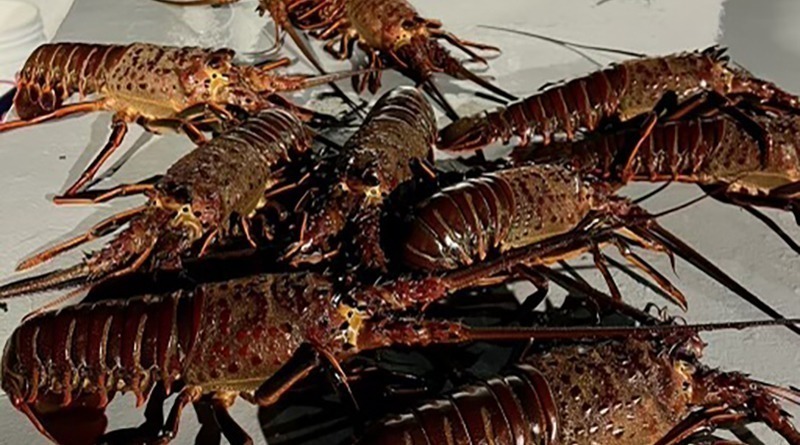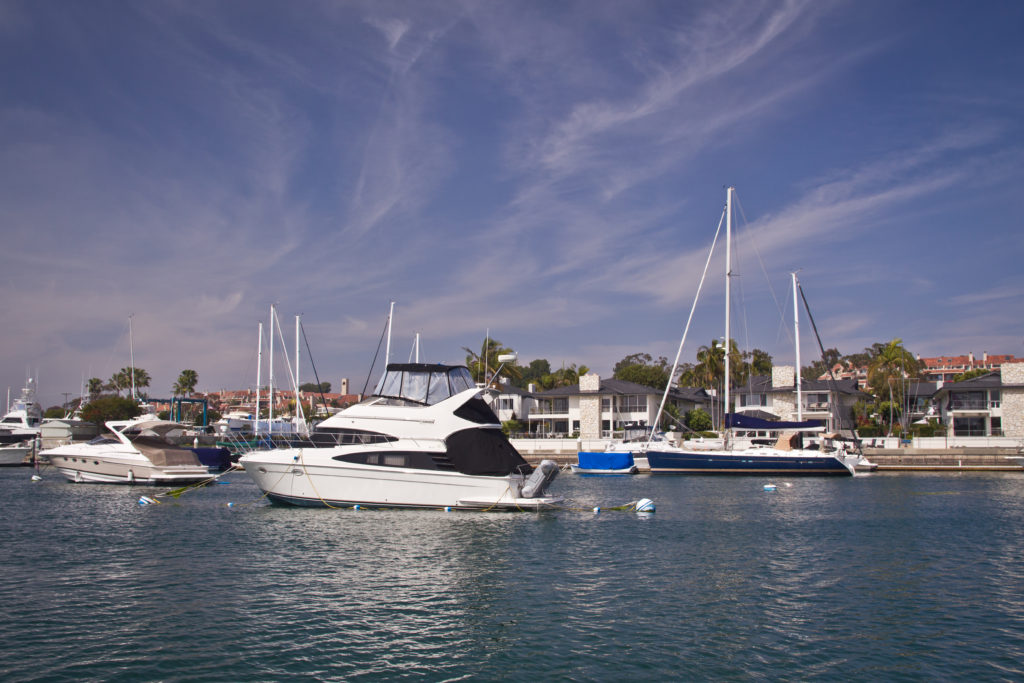BRAZIL— According to research published on Jan. 30 in the journal Proceedings of the National Academy of Sciences, a fishing community in southern Brazil has made an unusual ally— wild dolphins.
Reports of people and dolphins working together to hunt fish go back millennia. While historians and storytellers have recited the human point of view, it’s been challenging to verify how the dolphins have benefited, or if they’ve been taken advantage of, prior to sonar and underwater microphones could track them.
In the coastal city of Laguna, Santa Catarina, scientists have used drones, underwater sound recordings, and other tools for the first time to document how locals and bottlenose dolphins coordinate activities and benefit from each other’s work to catch a migratory fish called mullet.
According to the University of Bristol biologist Stephanie King (who was not involved in the study), the study shows that humans and dolphins pay equal attention to each other’s behaviors. King also stated that the dolphins provide a cue for when to cast the nets.
In the seaside community, the fisherman waits for the dolphins to signal where the fish are. The most common signal the dolphins give is a jump.
The researchers used sonar and underwater microphones to track the positions...







